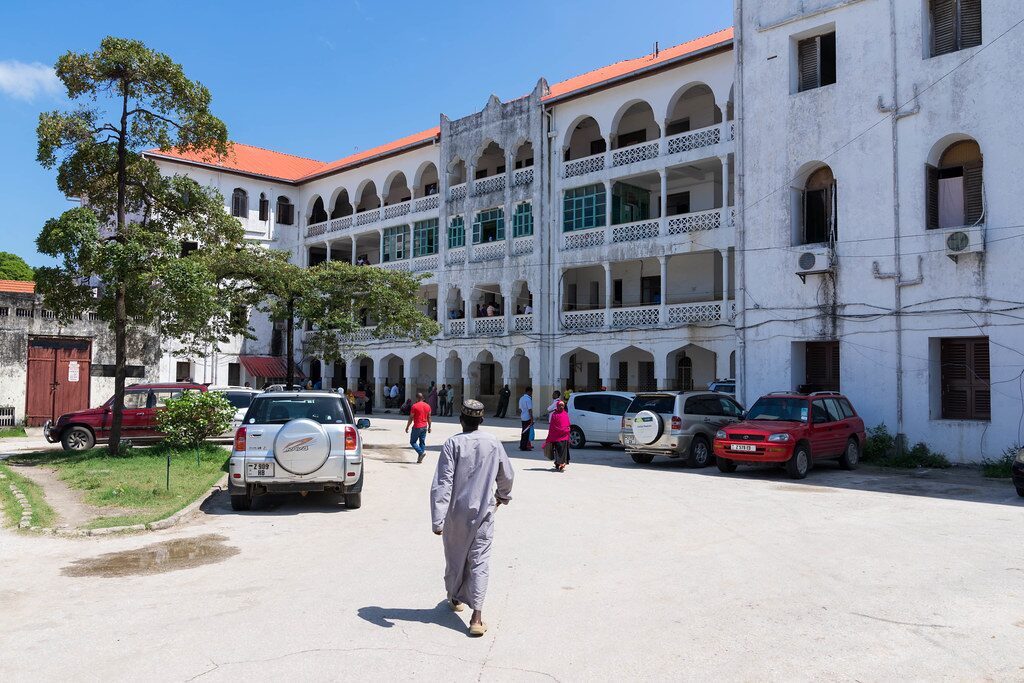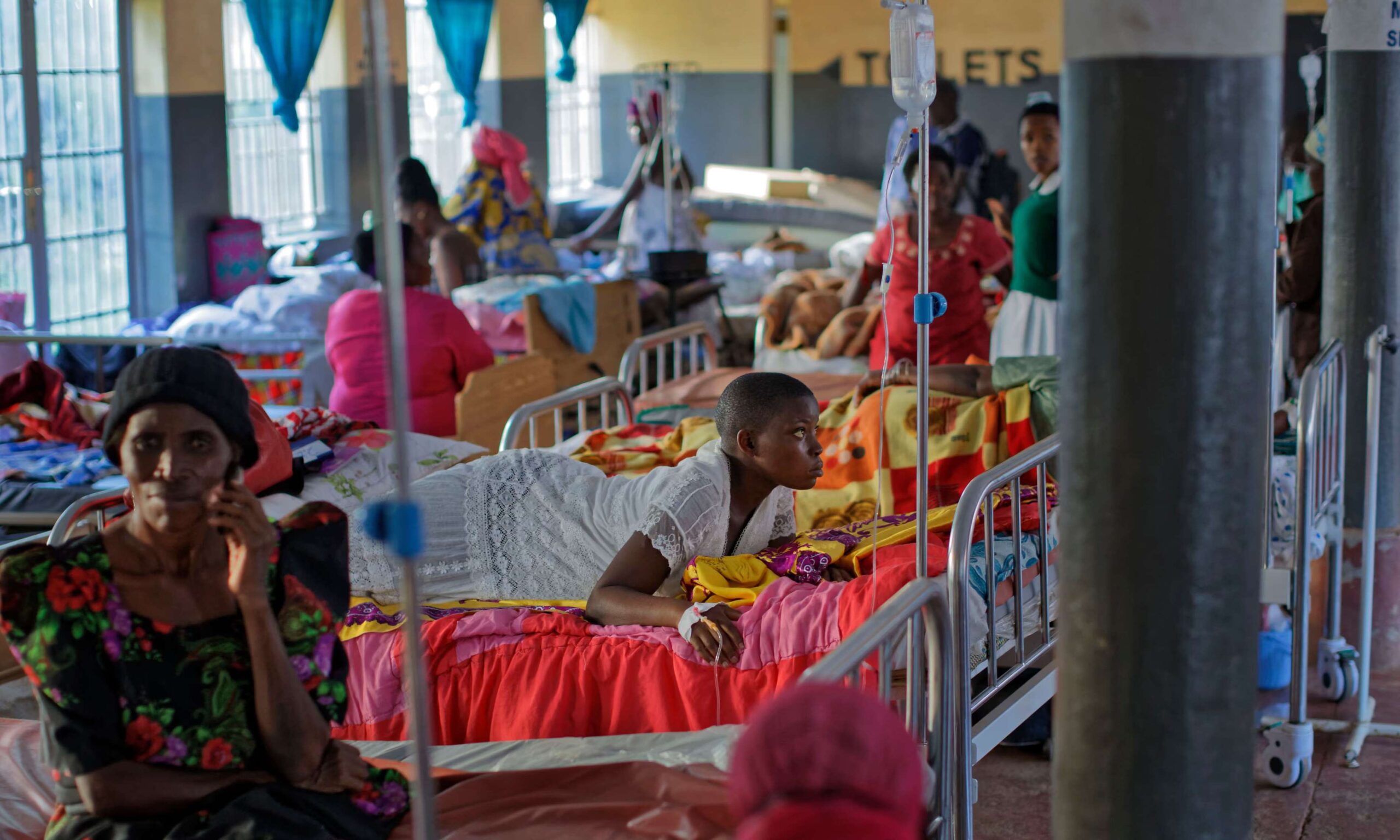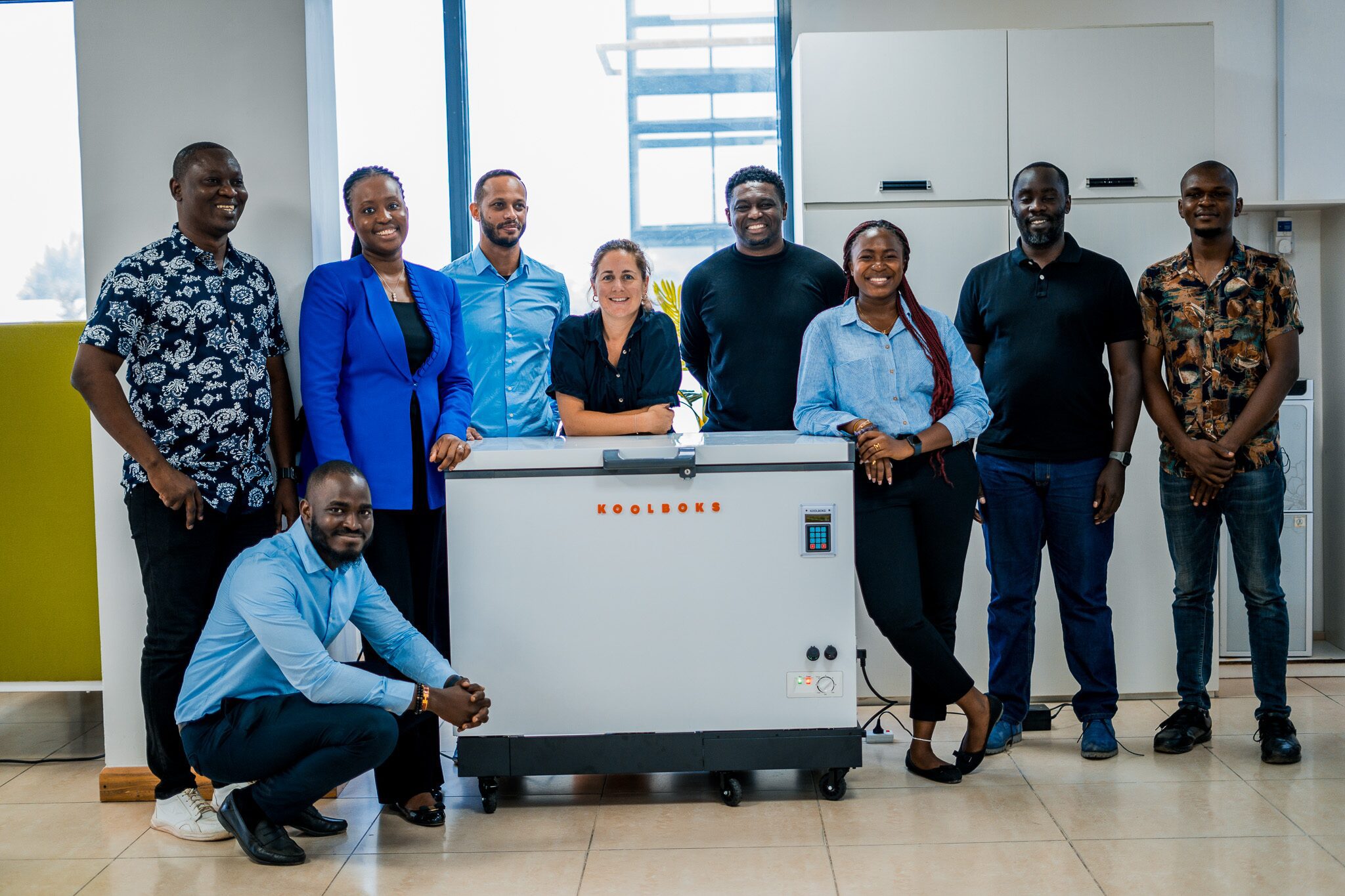
Friday 4th April 2025

By inAfrika Reporter
The African Development Bank has approved a $19.85 million grant to support emergency humanitarian operations in Sudan, focusing on improving women’s livelihoods and easing the impact of the ongoing conflict on communities and infrastructure.
The Crisis Response for Women and Affected Communities in Sudan project takes a gender-responsive approach to urgent humanitarian needs. Since April 2023, armed conflict has devastated critical infrastructure and triggered a humanitarian crisis that has disproportionately impacted women and children. The project will train and mobilize frontline workers such as health professionals, midwives, water and sanitation specialists, and market facilitators. It also includes restoring five health facilities, four emergency centers in conflict zones, and constructing or rehabilitating ten water and energy systems in urban and rural areas.
Additionally, the Bank’s financing will facilitate the delivery of emergency food aid, including staples such as lentils, sorghum, tea leaves, and sugar. Around 60,000 people will receive farming inputs like fertilizers and seeds this year alone. The project will also provide cash grants to support the livelihoods of another 125,000 people, focusing on women and their dependents, as well as survivors of gender-based violence. In total, the initiative is expected to benefit 1.5 million Sudanese, or approximately 265,000 households, 65 percent of which are estimated to be led by women.
The Bank categorizes the Crisis Response for Women and Affected Communities in Sudan project as “Category 1” on its Gender Marker System, signifying its direct focus on gender equality and women’s empowerment. According to Dr. Beth Dunford, the Bank’s Vice President for Agriculture, Human, and Social Development, the project will help restore social services and economic opportunities to some of the country’s most vulnerable communities while promoting inclusive and resilient economic activities.
The project is financed through the Bank’s Transition Support Facility, which provides additional concessional resources to countries experiencing fragility and conflict. The International Committee of the Red Cross (ICRC) will implement the initiative, leveraging its operational experience and long-standing presence in Sudan. The ICRC will work through its existing staffing and infrastructure, including specialists in monitoring and evaluation, environmental safeguards, gender, procurement, and communications.
This initiative extends beyond short-term humanitarian interventions to foster long-term resilience and sustainable development. By adopting a humanitarian-development-peace nexus approach, the project blends urgent relief efforts with early recovery strategies to stabilize affected communities and displaced populations. As Sudan faces an estimated eight million displaced individuals and 1.6 million refugees primarily women and children regional stabilization will require coordinated relief and development strategies. Policy dialogue will be essential to ensuring women’s participation in crisis management and recovery efforts.


